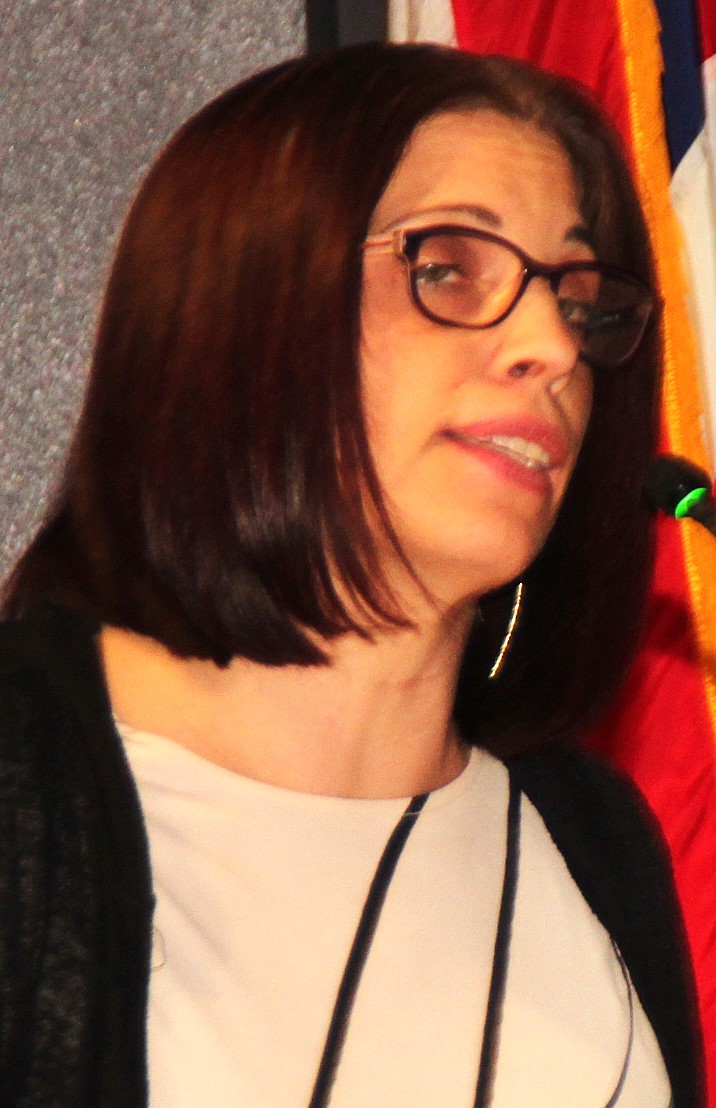Marlene DeJesus
Reminder Publishing photo by Mike Lydick
AGAWAM — A new partnership between Agawam schools and Boston Children’s Hospital will help increase access to support services and improve behavioral health outcomes for the district’s students.
Since the fall, Marlene DeJesus, the district’s social-emotional director, has been working with Boston Children’s Hospital’s Neighborhood Partnerships (BCHNP) program and the Massachusetts Child Psychiatry Access Program (MCPAP) to develop, implement and pilot a school-based behavioral health consultation and training model.
“This model will help create pathways and connections with community resources and referrals inside and outside of school to provide a wide range of behavioral health services and support for students and families,” said DeJesus, who has been SEL director since 2019.
The project is funded by a grant from the state Department of Mental Health through a partnership with the Massachusetts Behavioral Health Partnership.
Agawam is one of two school districts in the state partnering with BCHNP for the 2024-25 school year. The other district is in the eastern part of the state. The overall goal is to strengthen a behavioral health system of care that can be replicated in districts across Massachusetts.
BCHNP promotes and fosters the social, emotional and behavioral health and well-being of students, caregivers and staff through the school-based initiative. Its psychologists and social workers are working with DeJesus to help understand the unique needs of each Agawam school and the community.
Planned activities over the year include working with behavioral health school teams and leadership at Agawam schools to evaluate current processes, enhance current structures through learning communities, communicate with stakeholders and evaluate and share outcomes.
“This partnership prioritizes collaborating with our district teams to understand and build on the existing behavioral health referral systems in Agawam with the hope of providing access to behavioral health support for students, families and staff to increase overall well-being,” said DeJesus.
Jennifer Brennan, a social worker at BCHNP and MCPAP, said Agawam was chosen because it was a school district that was interested in partnering with BCHNP, had some readiness structures in place and was located in the western part of the state.
Brennan said research and work on comprehensive school mental health systems has been a focus in Massachusetts for a long time. She said the goal of this pilot project is to create a comprehensive consultation model that allows school districts to build capacity to identify students with behavioral health needs sooner, connecting with care/intervention both inside and outside of school, effectively collaborating with community providers and monitoring and reporting outcomes and impact.
“Our hope is to expand to other districts by the end of next school year,” she said. “Going forward there will an application process that allows any district to apply.”
Agawam’s SEL director said the coronavirus pandemic was disruptive for children because of schools going to remote learning and all the shutdowns that occurred.
“It really kind of ripped away a fabric of socialization kids have that is very important to them,” she said.
DeJesus said the coronaviruspandemic was harder for children to process because they were going through some important milestones in their lives. She said there are certain things that need to happen when children are going through their milestones.
“They need to practice socialization; they need to practice routines and structures, they need to understand school and how to navigate it. When you take away the most important part of their lives, you’re definitely going to see an impact,” she said.
DeJesus said former U.S. Surgeon General Dr. Vivek Murthy had issued an advisory about the urgent public health crisis of the mental health of children, adolescents and young adults following the coronavirus pandemic. She said the advisory outlines COVID-19’s unprecedented impacts on the mental health of America’s youth and families, as well as the mental health challenges that existed long before the coronavirus pandemic.
“We have a crisis on our hands, and social media has caused some of the impact,” said DeJesus. “Kids are having higher rates of suicide. We need to figure out what’s going on to help our young ones.”
DeJesus said since COVID-19, schools are still seeing shortages of mental health services for kids who are trying to catch up with their learning losses while rebuilding their social skills.
“It’s a lot all at once for a little one,” she said.
The initiative will help create pathways and connections between schools and community resources. It also will allow Agawam identify students earlier who need help and give them faster access to support services to avoid having to provide those services after the fact.
“The sooner we can identify an issue, the better we can deal with it and help them. We want to identify the right supports, not just a support, set up a system and a practice that has supports ready for students. We want to figure out what would be a good referral and why, versus just hoping for the best. We want to identify the right help,” said DeJesus.



